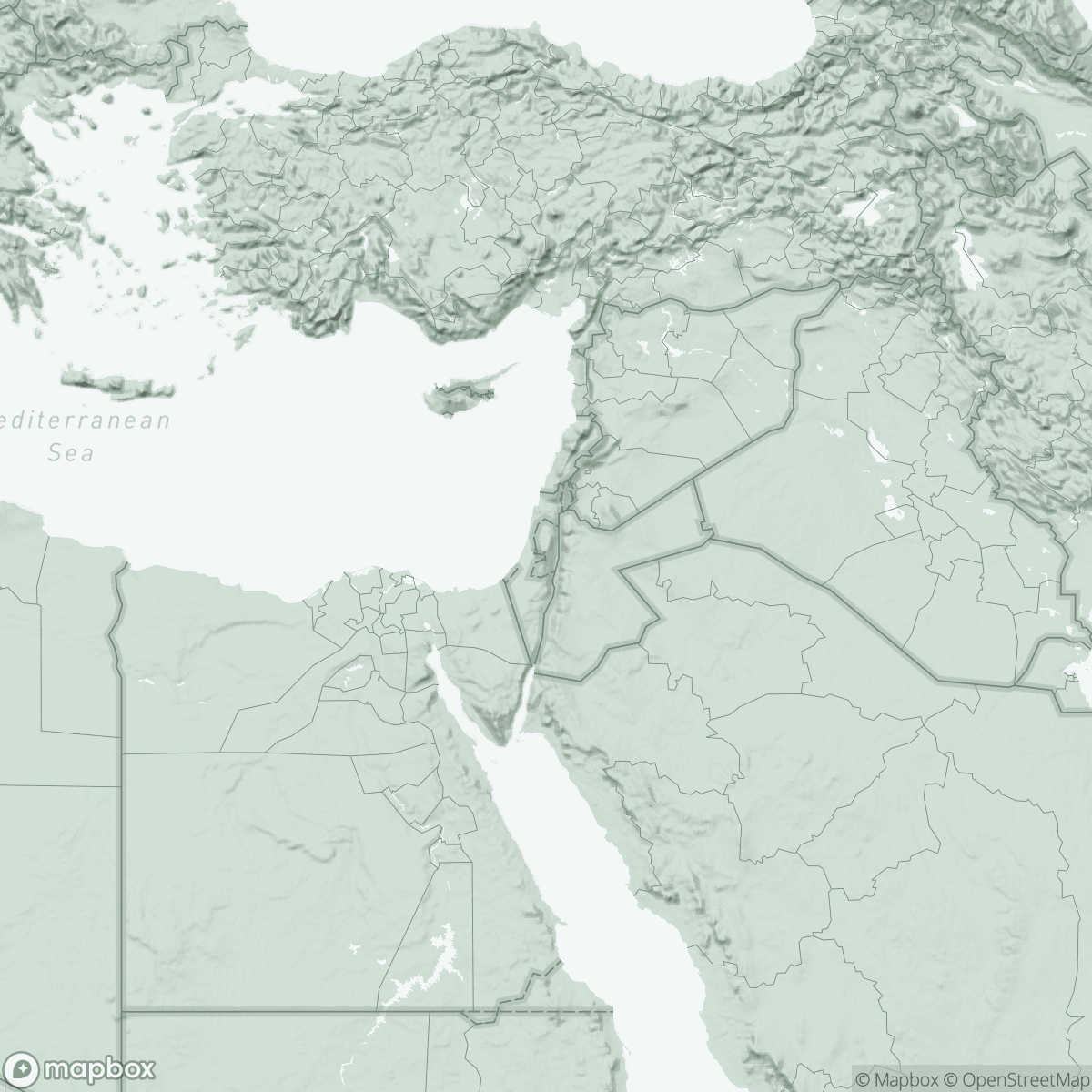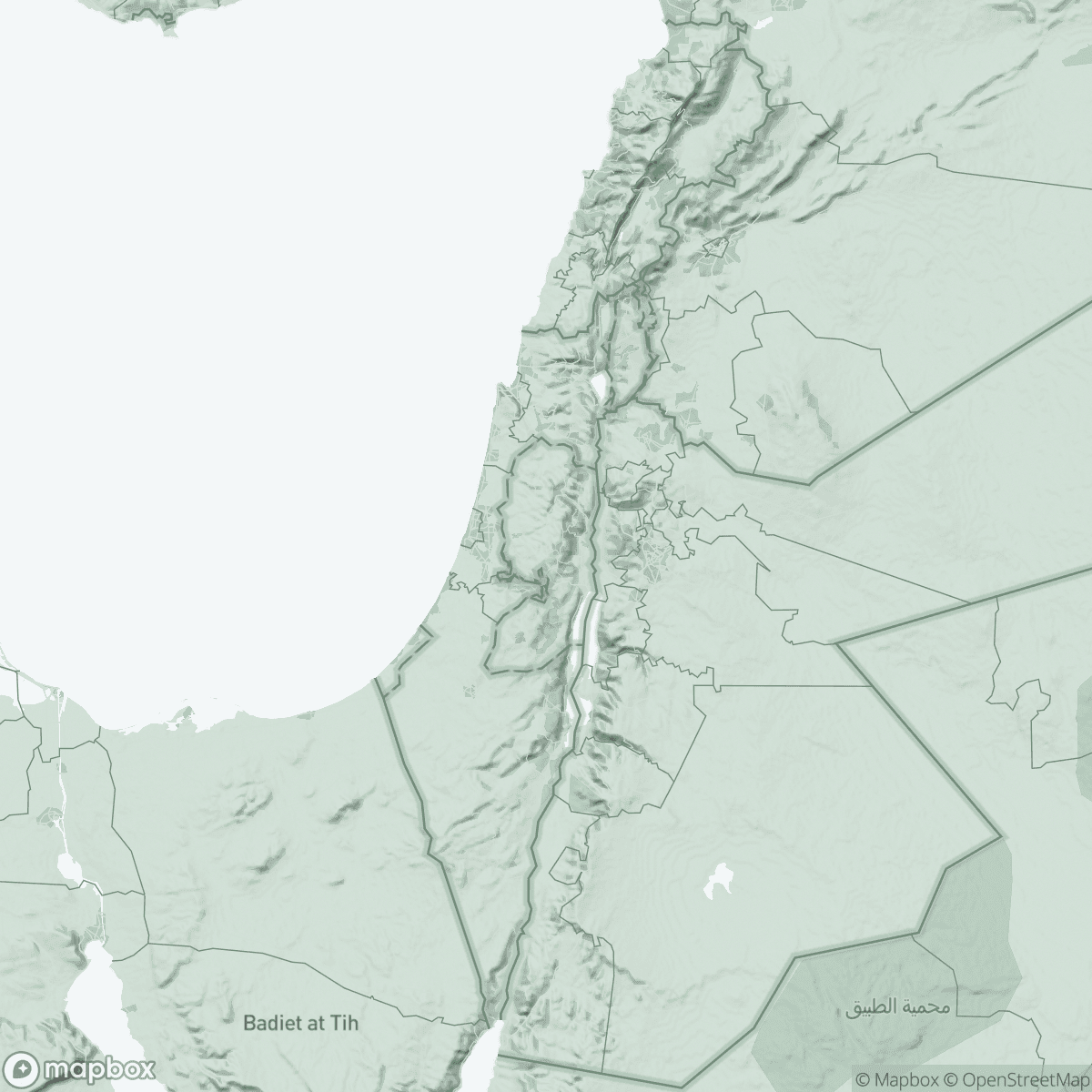
Gaza: Maintaining medical activities amid the rubble
In 1 click, help us spread this information :
Sarah Vulstyeke est coordinatrice de projet pour Médecins Sans Frontières (MSF). Elle est récemment revenue de la bande de Gaza où elle a coordonné des opérations avec une équipe MSF dans le nord de la bande de Gaza, où MSF gère des cliniques mobiles pour fournir une assistance médicale à la population via des consultations générales, le traitement de maladies non transmissibles, des pansements et des activités de promotion de la santé.
Au cours de la première et de la deuxième semaine de février, des cliniques mobiles MSF ont été déployées dans le camp de Jabalia et à Beit Hanoun. Environ 1 200 consultations ont été menées, dont 11,6 % concernaient des enfants de moins de cinq ans. 23,6 % des consultations concernaient des infections des voies respiratoires supérieures et 169 pansements ont été réalisés.
When we arrived at the first health center in the north of Gaza in early February to assess the situation, it was a slap in the face for all of us. There was nothing left to assess: we were shocked and felt helpless after realizing how much infrastructure, how many buildings and lives had been destroyed.
Right after the ceasefire, one of our priorities was to look at how we could support access to primary healthcare for the population of Gaza, especially in the northern part of the Strip. Jabalia camp was besieged and heavily bombed by Israeli forces since October 6, 2024 and Israeli authorities dramatically reduced the quantity of essential aid authorized to enter. Therefore, tens of thousands of people remained trapped in the North with barely any access to healthcare since last October, while hundreds of thousands returned there after the implementation of the ceasefire during end of January 2025.
The devastation we found in Jabalia is hard to describe: there was nothing left, only rubble.
We tried to assess the conditions of health centers. But we visited the first one, and it was flattened. Then the second, the third... Everything was in ruins and reduced to piles of rubble. It's breathtaking and heartbreaking. Looking at the scale of the destruction we had no other choice but to act quickly.

The biggest challenge was to start and set up medical activities amid the rubble. It took a week to clear up enough rubble with our rented bulldozer, just to set up a temporary structure. The first week, we parked by the side of the road and began our activities. Later, we were able to set up tents and shelter where patients could wait for their consultation. The weather was freezing, but still hundreds of patients came every day.
"People in Gaza, as well as our teams, are determined to try to rebuild what was lost, despite the unbearable difficulties they face every day. The situation is still very precarious, and we are really worried about the consequences that a blockade of humanitarian aid into Gaza could have.
People in Gaza still need an immediate and massive scale-up of humanitarian supplies, and it is unacceptable that an entire population is now once again being prevented from receiving humanitarian aid.”



